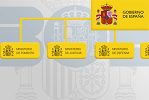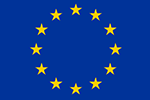Intellectual property
Content
An overview of intellectual property
What is intellectual property?
The term ‘intellectual property’ covers all rights belonging to authors and other right holders (artists, producers, broadcasters, etc.) over the works and performances they have created.
The Ministry of Culture is the authority tasked with proposing the measures, regulatory or otherwise, to ensure intellectual property is adequately protected.
Holders of intellectual property rights
It is necessary to distinguish between copyright holders and the holders of other intellectual property rights (also referred to as related or associated rights):
- Copyright holders: an author is considered to be a natural person who creates any literary, artistic or scientific work. All original literary, artistic or scientific creations expressed through any medium, whether tangible or intangible, currently known or that may be invented in the future, come under intellectual property. The intellectual property of a literary, artistic or scientific work belongs to the author purely by virtue of having been created. The status of author cannot be taken away; it cannot be transferred ‘inter vivos’ or ‘mortis causa’, it does not lapse with the passage of time, it does not enter the public domain and is not subject to any time limit.
- Holders of other intellectual property rights:
- Performers or performing artists: a person who depicts, sings, reads, recites or interprets a work in any way. A stage director or orchestra conductor is considered such a person.
- Producers of phonograms: a natural person or legal entity under whose initiative and responsibility a work or other sounds are captured, exclusively in terms of audio, for the first time.
- Producers of audiovisual recordings: a natural person or legal entity behind an initiative for and taking the responsibility for an audiovisual recording.
- Broadcasters: legal entities under whose organisational and economic responsibility programmes or transmissions are broadcast.
- Takers of ordinary photographs: a person who creates a photograph or other reproduction obtained by a similar process, where neither is qualified as a ‘work’ protected under Book I of the consolidated Intellectual Property Law (TRLPI).
- Protection of certain editorial productions: refers to unpublished works in the public domain and certain works not protected under the provisions of Book I TRLPI.
Moral and economic rights
With intellectual property rights, a distinction is made between moral rights and economic rights:
- Moral rights: unlike the legal systems in English-speaking countries, Spanish legislation provides clear protection for moral rights, recognised as belonging to authors and performers or performing artists. These rights cannot be waived or assigned and are held by the author or performer throughout their lifetime, and by their heirs or successors upon their death. They include the right to recognition as the author of the work or recognition of the name of the artist for their interpretation or performance, and the right to demand respect for the integrity of the work or performance, and the non-alteration thereof.
- Economic rights, with a distinction being made between:
- Rights relating to the exploitation of the protected work or performance, which in turn are subdivided into exclusive rights and remuneration rights:
- Exclusive rights are rights that entitle the holder to authorise or prohibit acts of exploitation of their protected work or performance by the user, and to demand payment from the user in exchange for granting authorisation.
- Unlike exclusive rights, remuneration rights do not entitle the holder to authorise or prohibit acts of exploitation of their protected work or performance by the user, although they do oblige users to pay a sum of money for any exploitation of the work or performance, this sum being determined either by law or, alternatively, by the normal fees charged by management entities.
- Compensatory rights, such as the private copying right that provides entitlement to compensation for the intellectual property rights no longer received for the reproduction of the protected works or performances for the exclusive private use of the copyist.
- Rights relating to the exploitation of the protected work or performance, which in turn are subdivided into exclusive rights and remuneration rights:
Collective management of intellectual property rights
Creators and other right holders may come together and set up management entities in order to manage their rights more efficiently. Such entities, authorised by the Ministry of Culture, facilitate the lawful use of works and performances by users, by granting licences and authorisations.
Another figure involved in the management of intellectual property rights is the independent manager.
- Collective management entities
 : non-profit private organisations based on partnerships, which specialise, on their own behalf or on behalf of another, in the management of economic intellectual property rights for their lawful owners. Their main functions are described here
: non-profit private organisations based on partnerships, which specialise, on their own behalf or on behalf of another, in the management of economic intellectual property rights for their lawful owners. Their main functions are described here .
.
- Addresses and fees of intellectual property collective management entities
 : the addresses of management entities can be found here, along with the relevant normal fees that apply to users who make use of the rights managed by these entities. The Ministry is not involved in setting these fees.
: the addresses of management entities can be found here, along with the relevant normal fees that apply to users who make use of the rights managed by these entities. The Ministry is not involved in setting these fees.
- Addresses and fees of intellectual property collective management entities
- Independent managers
 : commercial private entities specialising in exercising the exclusive intellectual property rights conferred by their owners under a management contract. Their main functions are described here.
: commercial private entities specialising in exercising the exclusive intellectual property rights conferred by their owners under a management contract. Their main functions are described here.
Intellectual Property Commission
- Section I of the Intellectual Property Commission
 , responsible for mediation, arbitration and setting of rates.
, responsible for mediation, arbitration and setting of rates. - Section II of the Intellectual Property Commission
 , responsible for protecting intellectual property rights online.
, responsible for protecting intellectual property rights online.
Intellectual Property Register
The purpose of the General Intellectual Property Register is to register or annotate the rights relating to the works, performances or productions protected by the consolidated Intellectual Property Law, and by the other legal provisions and international treaties ratified by Spain in relation to the protection of intellectual property. It also handles the registration or annotation of acts and contracts establishing, transferring, amending or extinguishing rights in rem and any other facts, acts and titles, both voluntary and necessary, affecting those registrable rights.
There is a single General Intellectual Property Register for the whole of Spanish territory and it is made up of the local registers created and managed by the autonomous communities and the Ministry of Culture's Central Register.
Information for each Autonomous Community


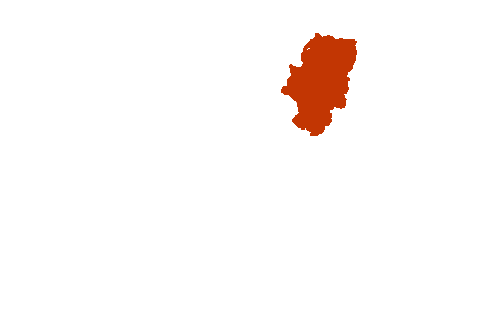


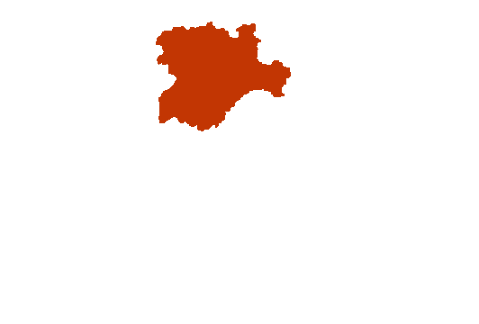
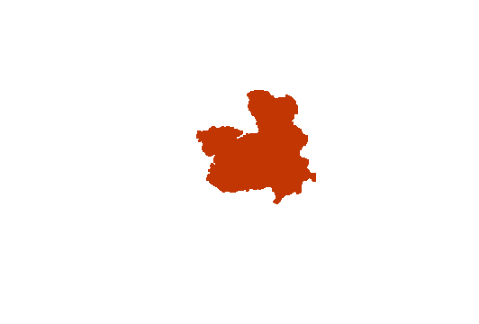







Andalucía Aragón Asturias, Principado de Balears, Illes Canarias Cantabria Castilla y León Castilla-La Mancha Cataluña Ciudad de Ceuta Ciudad de Melilla Comunitat Valenciana Extremadura Galicia Madrid, Comunidad de Murcia, Región de Navarra, Comunidad Foral de País Vasco Rioja, La
Legal and / or technical references
-
Consolidated Intellectual Property Law

-
Royal Decree-Law 12/2017 of 3 July amending the consolidated text of the Intellectual Property Law, approved by Legislative Royal Decree 1/1996 of 12 April on the system of fair compensation for private copying

-
Royal Decree 281/2003 of 7 March approving the General Intellectual Property Register Regulation

-
Royal Decree 1889/2011 of 30 December regulating the functioning of the Intellectual Property Commission

-
Royal Decree 1023/2015 of 13 November setting out the regulations for the composition, organisation and exercise of functions of Section I of the Intellectual Property Commission

-
Royal Decree 224/2016 of 27 May setting out the legal system governing orphan works

-
Royal Decree 1398/2018 of 23 November implementing Article 25 of the consolidated text of the Intellectual Property Law, approved by Legislative Royal Decree 1/1996 of 12 April on the system of fair compensation for private copying

-
REGULATION (EU) 2017/1128 OF THE EUROPEAN PARLIAMENT AND OF THE COUNCIL of 14 June 2017 on cross-border portability of online content services in the internal market

-
REGULATION (EU) 2017/1563 OF THE EUROPEAN PARLIAMENT AND OF THE COUNCIL of 13 September 2017 on the cross-border exchange between the Union and third countries of accessible format copies of certain works and other subject matter protected by copyright and related rights for the benefit of persons who are blind, visually impaired or otherwise print-disabled

-
REGULATION (EU) 2018/302 OF THE EUROPEAN PARLIAMENT AND OF THE COUNCIL of 28 February 2018 on addressing unjustified geo-blocking and other forms of discrimination based on customers' nationality, place of residence or place of establishment within the internal market and amending Regulations (EC) No 2006/2004 and (EU) 2017/2394 and Directive 2009/22/EC








